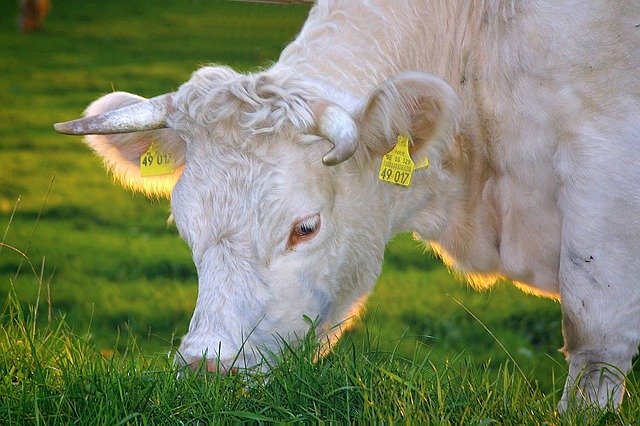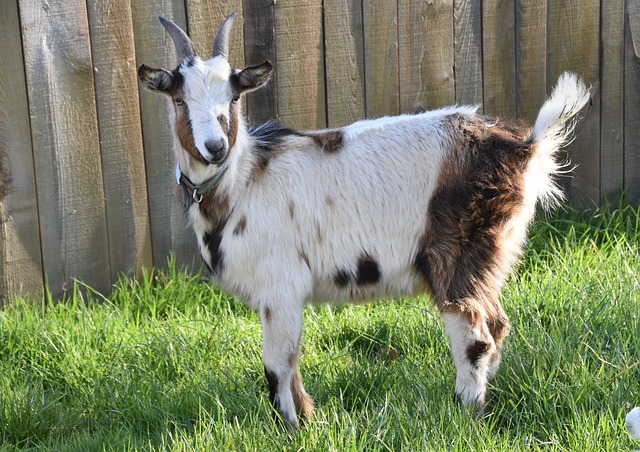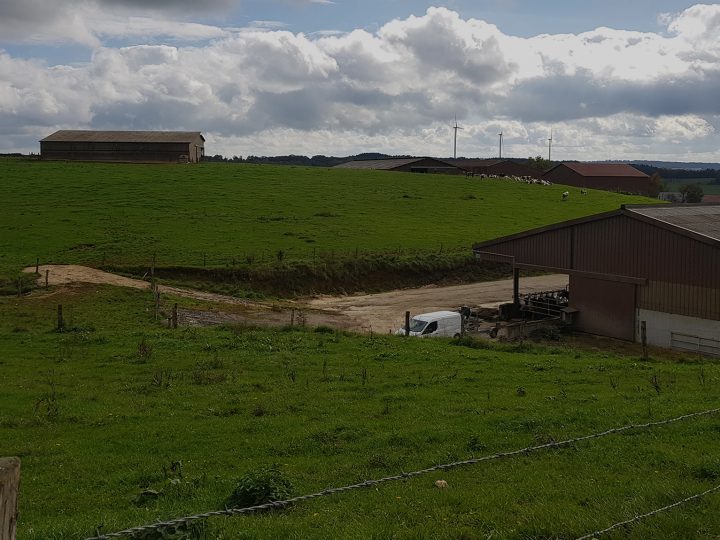
Consumers prefer organic products for their nutritional qualities, but also because they know that this type of production meets high standards regarding animal welfare. Here is a summary of the obligations of a breeder to claim the organic label.
Respect of animals to produce organic products
The size of buildings housing animals, as well as their density are regulated. A minimum area is allocated to each animal, in an airy, light-filled space. The interior of the buildings must be mulched and the animals must be able to move freely.
Soil-less breeding is strictly forbidden. This implies that all animals have access to outdoor spaces and that ruminants can graze, as long as the weather conditions are right.
Hormonal treatments, embryo transfers and cloning are prohibited.
Organic feed for livestock
Pastures are naturally favored for herbivores (cows, sheep, goats, etc.). When the meadows are not in use, the breeder is obliged to feed his animals with food that is itself organic. Whether it is the main or supplementary feed, forages must come as much as possible from the farm.
Young animals should primarily drink maternal milk. When this is not possible, the breeder must procure natural milk.
The force-feeding of animals is strictly prohibited.
Prevention in organic farming
Livestock health is a priority. The selected races and strains must be naturally resistant and adapted to the environment in which the animals are raised. Priority is given to local breeds.
Prevention prevails systematically to maintain animals in good health. The methods used by the breeder prioritize animal welfare and must favor natural defenses.
All medical interventions are recorded in the breeding book to be verified by the certifying body. General regulations applies to mandatory treatments, vaccines and antiparasitic treatments.
In the event of a health problem, the use of phytotherapy and homeopathy prevail. If these methods are not sufficient, curative veterinary treatment is allowed. However, it is forbidden to exceed the number of treatments allowed per year, which is determined by species. They can go from 1 to 3. If necessary, the breeder must double the legal waiting period before selling the animals..
The guarantee of well-being at every stage of life
The European regulation on organic agriculture specifies that “all suffering, including mutilation, shall be reduced to a minimum throughout the life of the animal, including at the time of slaughter” (art. 14.1 of EC regulation n° 834/2007).
In general, animals should evolve as freely as possible, without being constrained by hunger, thirst, fear, discomfort, pain, harsh weather, injuries, and diseases.
- Natural reproduction must be favored.
- Calves can not be enclosed, subjected to a muzzle or to a deficient diet.
- Any castration requires analgesia or anesthesia.
- Tying should be kept to a minimum. When the animals are not grazing, the obligation to go out at least twice a week is maintained.
- Beak trimming, dehorning and tail docking of animals are done for safety reasons or to improve the health, welfare, and hygiene of the animals. By preventing them from injuring each other, these procedures improve the overall welfare of the animals.
- Transportation times must be reduced. Boarding is done without electrical simulation or use of sedatives.
- The slaughter must respect the regulations.





